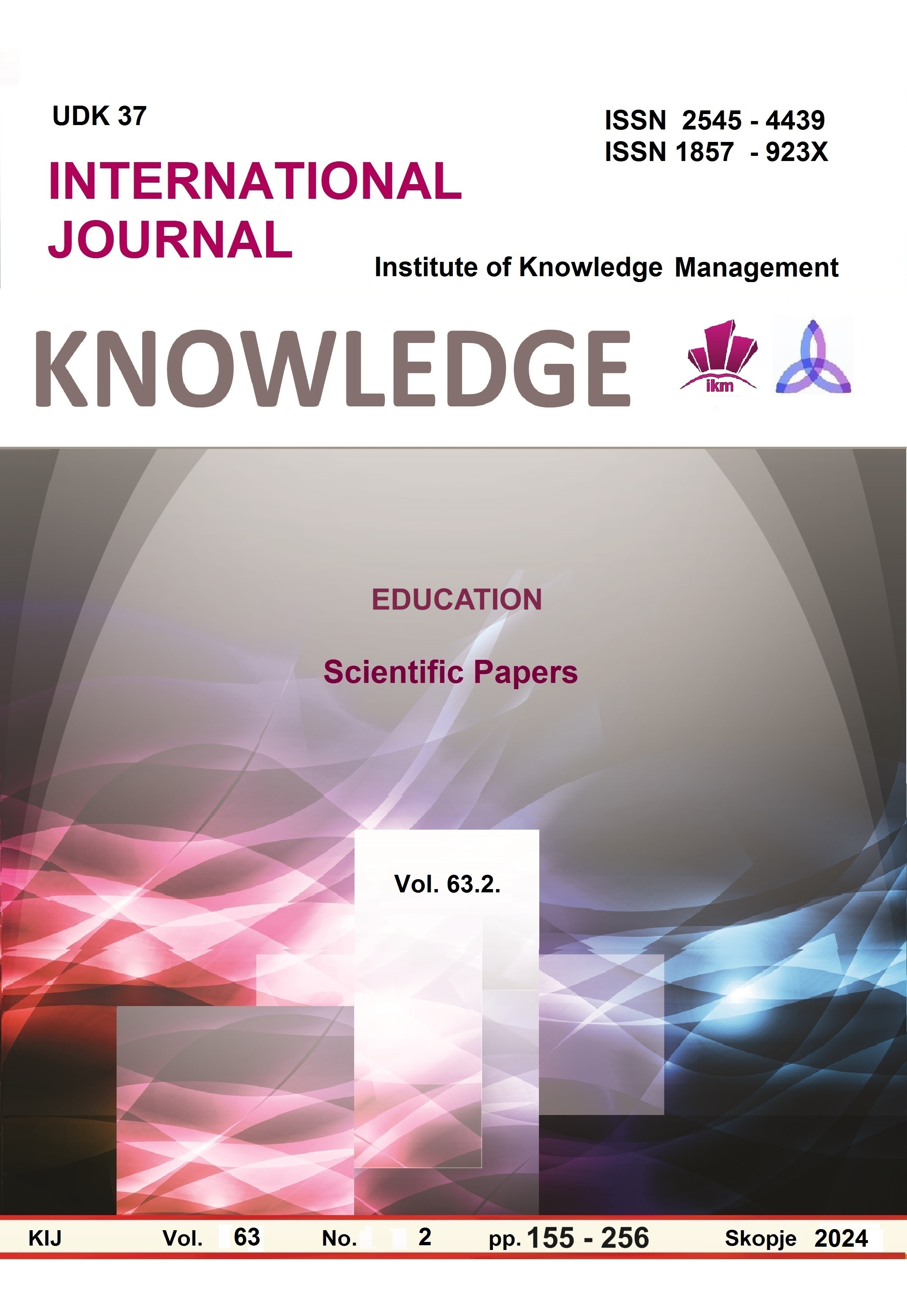МУЛТИКУЛТУРНЕ ВРЕДНОСТИ И МУЛТИКУЛТУРНО ОБРАЗОВАЊЕ У ЗЕМЉАМА ТРАНЗИЦИЈЕ
MULTICULTURAL VALUES AND MULTICULTURAL EDUCATION IN TRANSITION COUNTRIES
Author(s): Jelena Krulj, Emilija Marković, Nataša Lazović, Slađana VidosavljevićSubject(s): Education, Sociology
Published by: Scientific Institute of Management and Knowledge
Keywords: multiculturalism;education;transition;pedagogical pluralism;globalisation
Summary/Abstract: The subject of this work is the issue of humane multicultural relations in education in countries of transition (including our country), which tend towards integration, through a better approach to education and a greater appreciation of multiculturalism and multicultural values. Globalization symbolizes the spirit of our time. It is an open, complex and contradictory process that leads to the economic, political and cultural unification of humanity. It makes sense if it contributes to the affirmation of universal values, such as: knowledge, democracy, fairness, tolerance, humanism and solidarity. Globalization and homogenization of culture and education should not lead to a narrowing of the cultural and national rights of states and minority communities. Integration into the community of European people is manifested and demonstrated in the constant aspiration of all people to try numerous differences (national, linguistic and other peculiarities) to perceive, appreciate and find a clasp that would allow heterogeneous cultures and inherited values to ensure better and more equal treatment through coexistence and mutual tolerance. The premise of all diversity is tolerance. This implies eliminating or reconciling the dilemmas about whether to direct the educational process towards similarities about the other, i.e. towards universal values. The recommendation would be that, with respect and basic protection of cultural particularities and ensuring the possibility of development and nurturing of the values of minority people, they seek points of contact with the currents of other majority people, in order to connect better with each other and integrate more easily into the new community. This will allow, through intercultural education to better evaluate the achievements and contributions of all communities and relax the acceptance and appreciation of the real values of other cultures and national values. The answers to these questions are sought by numerous European countries through certain movements, recommendations of innovations, declarations, etc., in order to break up the ossified education systems. The paper discusses the state, views and tendencies in organizing a quality educational process, through the analysis of numerous reforms, which affirm multiculturalism and multicultural values. These are reforms that advocate changes and make more or less radical deflaction from the concept of traditional education and emphasize universal values: knowledge, democracy, equity, tolerance, humanism and solidarity with a plural, pedagogical and intercultural education system, which would be based on four (Delor's) basic pillars of education: learning to know, learning to be, learning to live together and learning to do.
Journal: Knowledge - International Journal
- Issue Year: 63/2024
- Issue No: 2
- Page Range: 169-173
- Page Count: 5
- Language: Serbian

